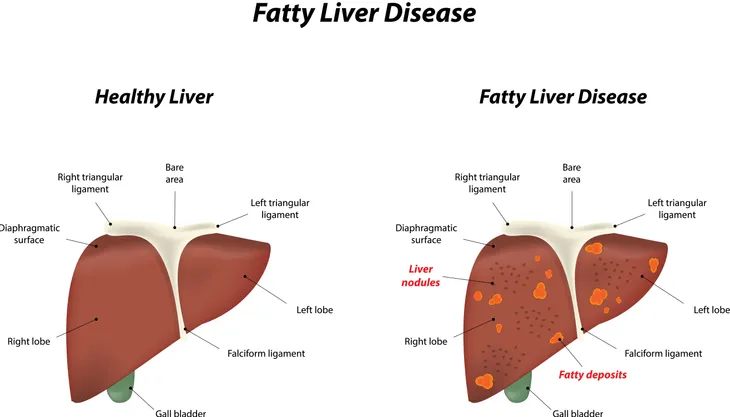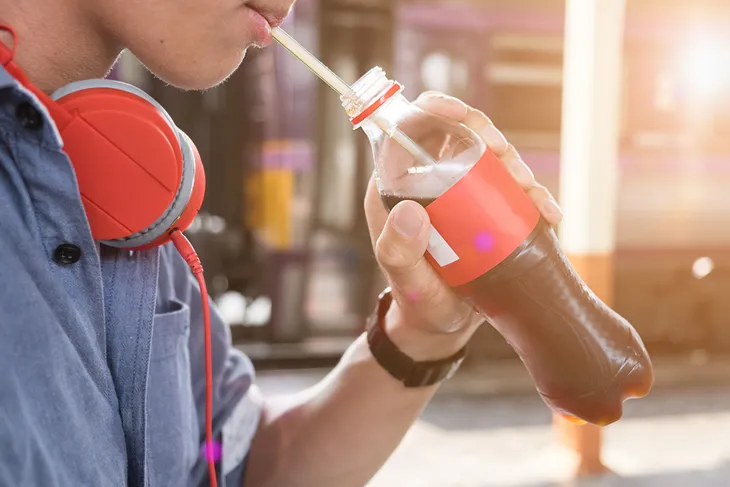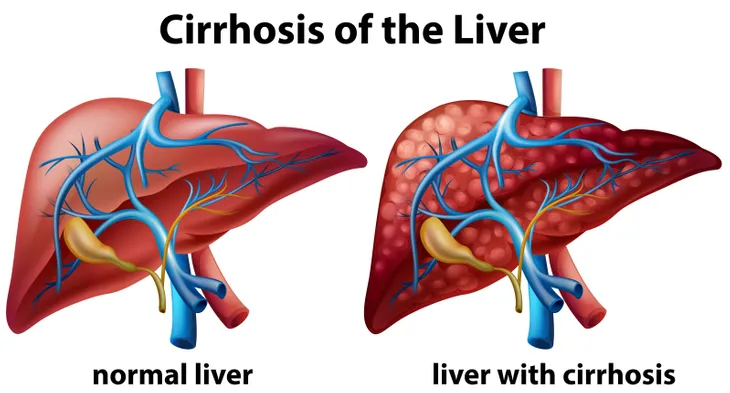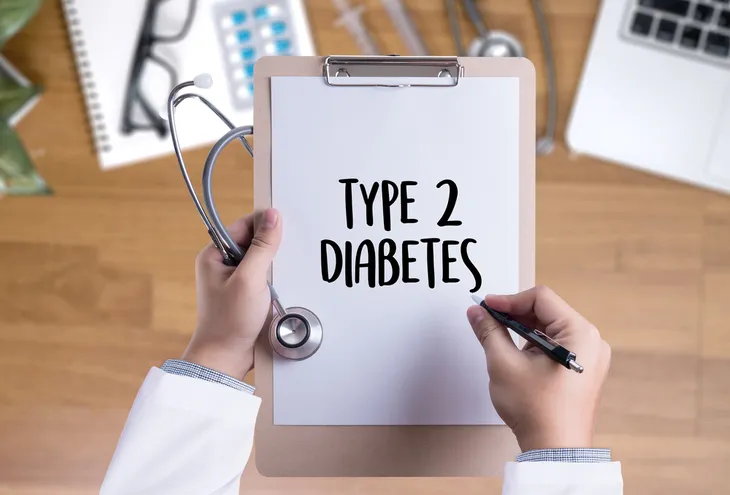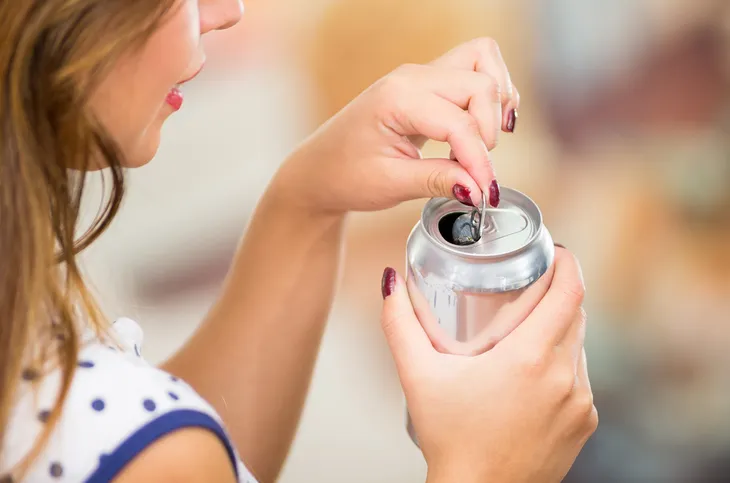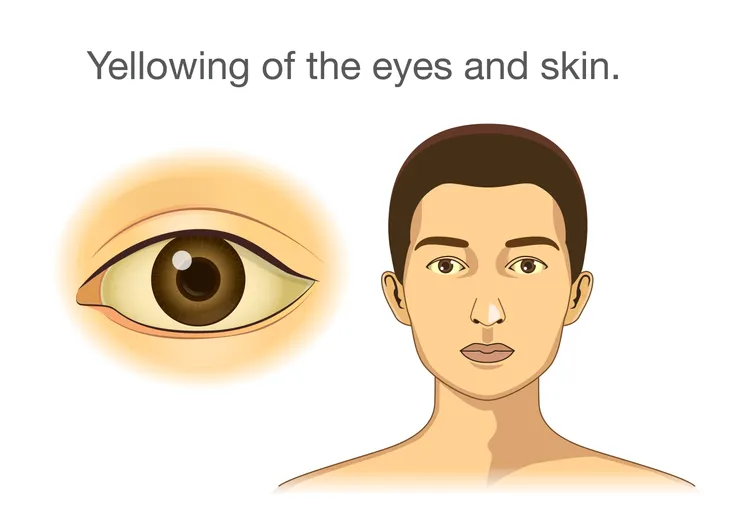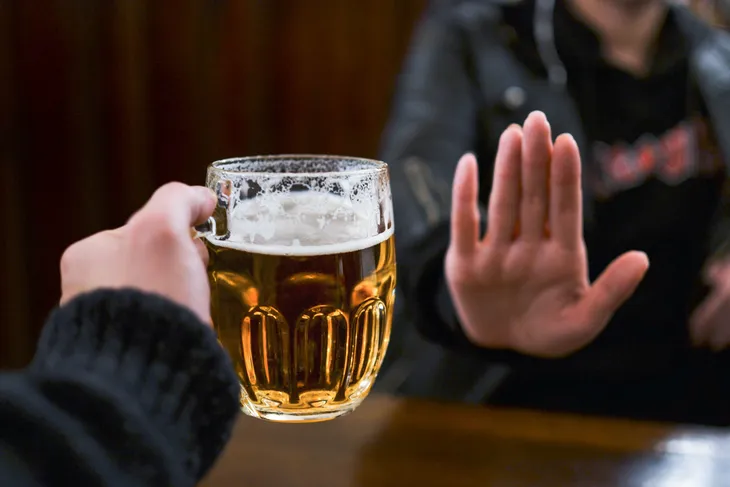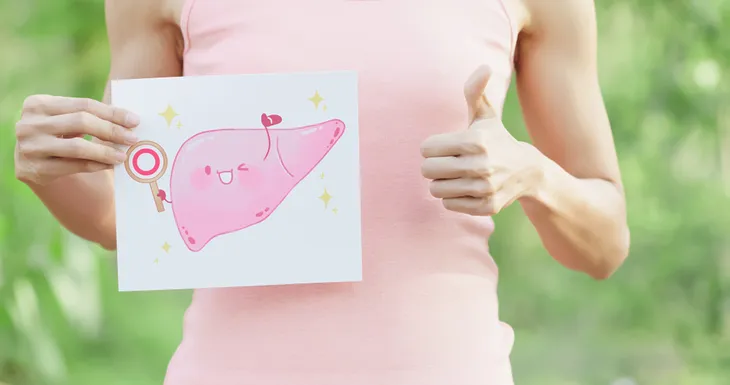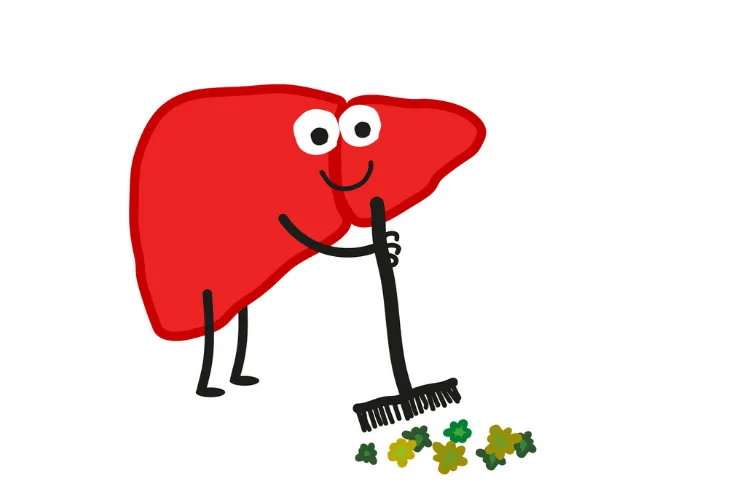Soft drinks are one of the most popular beverages people like to enjoy every day. The flavorful, carbonated, and sugary cans are something that nearly half of Americans take a sip of at least once a day. In fact, these drinks are so popular that Grand View Research, Inc. expects the global carbonated soft drink market to be worth over $320 billion by 2028.
Soda is definitely not the type of drink people gravitate towards for health purposes. That’s because it’s not the best for your body and can have some negative impacts, especially on the liver. Here are some of the ways soda can hurt your liver.
You’re at Risk of Fatty Liver Disease
Sugar-sweetened beverages, like soda, can potentially lead to non-alcoholic fatty liver disease (NAFLD). Mayo Clinic says this is an umbrella term for a range of liver conditions. It happens when too much fat is stored in liver cells, which can lead to serious symptoms and progress to irreversible stages.
Some researchers decided to look into how soft drinks are linked to nonalcoholic fatty liver disease. The findings were published in the U.S. National Library of Medicine and reveal some helpful insight.
Soda Can Give You Fatty Liver
Researchers examined NAFLD patients over a 36-month period. This included 31 patients who did not carry typical risk factors of NAFLD such as obesity, diabetes, or hyperlipidemia. After tracking the participants’ food, drink, and exercise, the results clearly demonstrated a link between soda consumption and fatty liver.
The study says, “Soft drink beverage consumption was the only independent variable that was able to predict the presence of fatty liver in 82.5-percent of cases.” Around 25 of 31 patients drank excessive amounts of soft drink beverages with more than 50-grams of added sugar. Those with moderate to severe fatty liver were drinking mostly Coca-Cola and Diet Coke.
Cirrhosis
In the early stages of fatty liver disease, you can cure the condition by cutting sugar intake and making other healthy lifestyle choices. But if habits do not change and NAFLD continues to progress, it can lead to cirrhosis. This is scarring of the liver that is irreversible.
Cirrhosis is a late stage of liver disease that involves scar tissue. Mayo Clinic says it’s more difficult for the liver to function properly as more scar tissue develops. That’s why it’s important to begin treatment for fatty liver disease and cut soft drinks from your diet before it escalates into cirrhosis.
Increased Risk of Type 2 Diabetes
Those who drink a lot of soda are at risk of developing a resistance to the hormone that regulates glucose in the body. In a study, researchers found that people who consume four sugary drinks per day for just 3-weeks reported increased resistance to this hormone in the liver.
These drinks gave them a total of 40 to 80-grams of sugar. Eat This, Not That also reports that resistance to the hormone that regulates glucose in the body comes with a greater risk of developing type 2 diabetes.
How Much Soda Should You Drink?
It can be easy to forget about the amount of added sugar that’s in soda. Some people may think twice about sugar when they’re eating something, but not when they’re drinking. That being said, it’s important to know your sugar intake and ensure you’re not having too much every day.
According to the Dietary Guidelines for Americans, less than 10-percent of calories per day should come from added sugars. Be mindful of how much sugar you’re consuming whether it be from a can of soda or a nightly dessert. If you’re experiencing liver issues, cut added sugar from your diet until it’s recovered.
Signs Your Liver Is in Poor Health
It’s a good idea to familiarize yourself with the symptoms of liver disease. Some people with liver problems may not experience obvious symptoms, or they may be mistaken for other health problems. Mayo Clinic says the following symptoms may be due to underlying liver problems:
- Yellowish skin and eyes
- Abdominal pain and swelling
- Swollen legs and ankles
- Itchy skin
- Dark urine
- Pale colored stool
- Chronic fatigue
- Nausea or vomiting
- Loss of appetite
- Tendency to bruise easily
Other Health Issues From Soda
Your liver isn’t the only thing that can be impacted by regular soda consumption. Here are seven other potential issues that even casual soda drinkers should know about.
- Increased belly fat
- Increased leptin resistance
- Sugar addiction
- Increase risk of heart disease
- Higher risk of cancer
- Poor dental health
- Increased risk of gout
How Other Drinks Impact the Liver
Soda isn’t the only beverage that can have an impact on the liver. Drinking too much alcohol can cause harm to your liver too. In fact, overconsumption may lead to chronic liver disease. To protect your liver, be sure to drink moderately, about one drink per day for women and up to two drinks per day for men.
It’s also worth noting, not all drinks negatively impact the liver. Coffee, for example, may help reduce your risks of developing chronic or fatty liver disease. Drinking water is also beneficial to the liver as it can help move toxins through. Not to mention, water supports your entire body and helps regulate body temperature, and helps maintain other important bodily functions.
Why Your Liver Is Important
The liver is one of the largest and most hardworking organs in the human body. It works 24-hours a day to perform over 500 bodily functions, which is why taking care of it should be a priority.
The Canadian Liver Foundation says that it helps provide your body with energy and prevents infections or toxins from impacting your health. Not only does it process everything we drink and eat, but it also processes what we breathe in or rub on the skin. This means nearly everything we do can have a positive or negative impact on the liver.
Other Important Functions
There are plenty more things that your liver takes care of, some of which include:
- Cleaning the blood
- Regulating your supply of body fuel
- Transporting substances in your blood
- Helping clot the blood
- Regulating the body’s hormones, cholesterol, and essential vitamins
- Producing bile
How to Take Care of Your Liver Through Diet
Besides cutting down on soft drinks and sugar, there are plenty of ways for you to boost your liver health. For starters, limit how much alcohol and sugar you consume. These two factors can contribute to a variety of liver problems.
Avoid foods that are high in calories, saturated fat, and refined carbs. Instead, fill your body with a balanced diet that consists of fruits, vegetables, whole grains, and lean meats.
Other Ways to Take Care of Your Liver
Eating a healthy diet isn’t the only way you can support your liver health. Some other ways to help support your liver include:
- Exercising regularly
- Maintaining a healthy weight
- Avoiding illicit drugs
- Washing your hands frequently
- Limit direct contact with toxins
If you’re concerned about your liver health be sure to book an appointment with your doctor.

